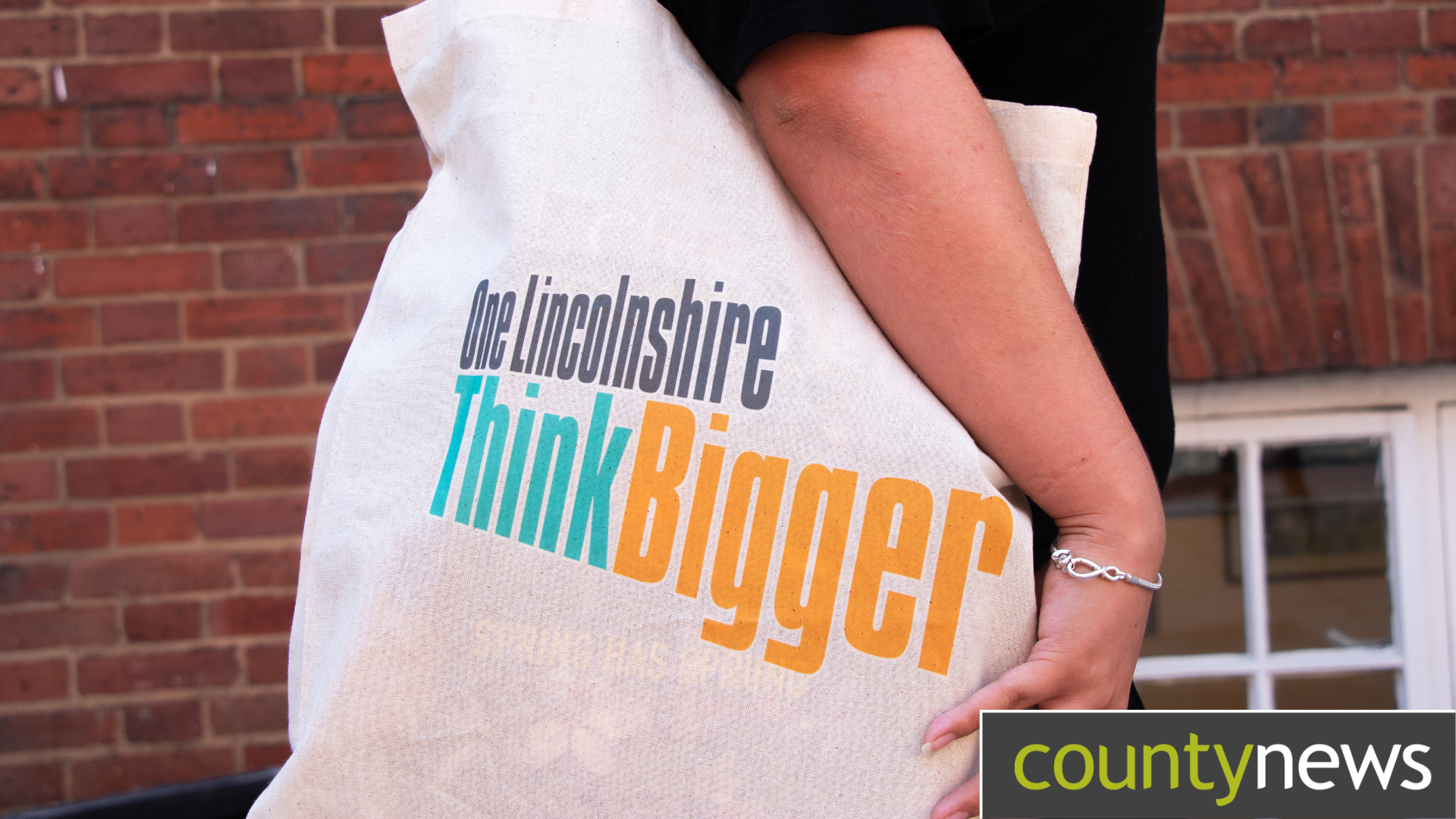
Buying less and reducing what we throw away is better for the environment and saves you money.
As well as helping to combat climate change and be more sustainable, reducing how much we buy or shopping ‘pre-loved’ can lead to big savings.
You may have heard the term, ‘reduce, reuse, recycle’, the so-called three Rs of waste. Whilst recycling – and putting the right thing in the right bin – is a vital part of dealing with our waste, it should be the last part of the process after reducing the amount we buy and reusing it as many times as possible.
It sounds simple – just buy less to help reduce the waste you produce and save money – but how can it work in practice?
Back to basics
How many times do you pop to the shop or nip out for coffee and forget your reusable bag or cup? We all do it, and whilst it’s not the end of the world, for every time we do remember, it’s one less plastic bag to add to our collection and one less coffee cup used (which are notoriously hard to recycle).
Most coffee shops offer either a discount or extra loyalty points if you bring your own cup. And, of course, those small carrier bag charges all add up.
Savvy shopping
Gone are the days when buying pre-loved clothes only meant raiding the charity shops. There are now more options than ever to pick up a bargain when updating your wardrobe.
Vintage shops, online auction sites and resale apps are all great places to buy or sell clothes and reduce our reliance on new items.
Love food, hate waste
Another way we can reduce the waste we produce is by thinking carefully about the amount of food we buy. Did you know in the UK, households throw away about 6.6 million tonnes of food every year, according to research by the Waste and Resources Action Programme (WRAP).
There are bite-sized steps we can all take, including buying loose fruit and veg where possible, planning our weekly meals and measuring things like rice and pasta so we don’t cook more than we need.
There will always be some food we need to throw away, and in Lincolnshire food waste is sent, with other non-recyclable waste, to our Energy From Waste plant in North Hykeham where it generates electricity.
An announcement is expected later this year, as the Government seeks to potentially bring in new legislation for all councils to collect food waste separately.
Going ‘zero waste’ immediately isn’t feasible for most of us, but small steps really do make a big difference in cutting the amount of waste we produce, reducing our impact on the environment, and saving money.
For more information about what you can recycle in Lincolnshire, visit www.lincolnshire.gov.uk/waste.
